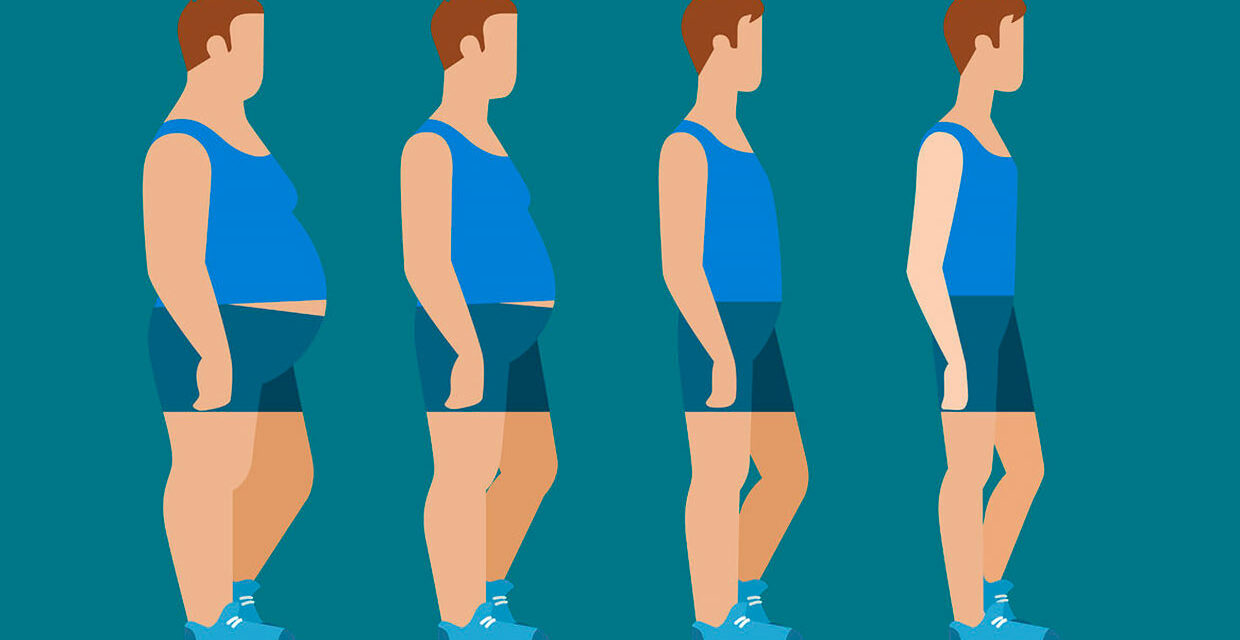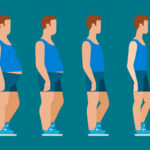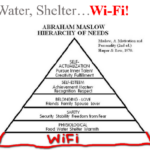Let’s face it, unless we are out performing onsite surveys or perhaps troubleshooting an issue in the field, us Wireless and IT Professionals are sitting practically all day long! If you are working from home, which many of us do, you are not even getting the steps/activity in related to commuting to the office. If you don’t participate in high intensity sports after work or something similar, a minimum of walking and weight training are practically mandatory. Below are 10 tips, that if made a habit, will have you feeling better, having more energy and thinking more clearly. Let’s go!
- Prioritize your health. Put yourself first. Block out your health and wellness time like you would any other meeting. Treat it as a non-negotiable. Be selfish with your time because you are not going to get it back. Trust me, this investment in your health and wellness is going to 10x your energy and productivity.
- Food can heal. When you eat better, you feel better and think more clearly. Focus on eating whole foods with few ingredients, lots of nutrients and protein. Avoid highly processed foods. Track calories using a calorie tracking app like MyFitnessPal to stay accountable. Practice the 90/10 rule. 90% of the time be your healthiest self, 10% of the time, indulge – guilt-free. I like to meal prep for the week on a Sunday afternoon to save time and stay on track during the week. I like to eat similar meals each day. It’s less to think about. It’s the Steve Jobs black turtleneck of nutrition.
- Drink plenty of water. Cut out soft drinks and alcohol. I drink 24 oz. of water with breakfast, lunch, at 2 pm (as a snack) and with dinner for 96 oz. total. This helps fill you up so you don’t overindulge. I like to squeeze a wedge of lemon in my water for extra flavor since I avoid soft drinks.
- Avoid snacking in between meals. Drink water instead. Often you think you are hungry but in actuality you are just thirsty. I typically get that hungry feeling around 2 pm each day. I drink a 24 oz. glass of water and it’s gone in no time.
- Stop eating and drinking after 4 or 5 pm and fast until breakfast.
- Try to get at least 8 hours of quality sleep nightly.
- Avoid screens for at least 2 hours before bedtime.
- Walk. Outside if possible to get some sunlight. It’s that simple. No need to run a marathon or high Intensity interval training, unless you like that sort of thing. Try to get a minimum of 10,000 steps daily. Track them with a Fitbit, Apple Watch, etc. again to stay accountable. Get up at the end of each hour and walk for 5 minutes, do walking meetings, get a standing desk and under desk treadmill, park your car further away from your destination. When I’m working from home for example I’ll get up at the end of each hour and walk to the top of my street and back. Not only do these micro walks help get the steps in, the sunshine helps with mental health. Couple that with a 30 minute walk each day and you will be well on your way to 10K steps. An alternative to walking is gardening. In the spring and summer I enjoy gardening. I grow herbs, vegetables and tend to the plant and flower beds around my home. This slow, steady activity, bending up and down, etc. is really impactful. Plus it sets your mind at ease helping to reduce stress.
- Weight or resistance train at least 3 times a week. Track gains with an app. I like to use the Hevy app. Keep it short and simple. For example 3 exercises for 3 sets of 10. Don’t over do it and get burned out. Stay consistent. A good example is Monday Chest (Chest Press, Incline Chest Press, Chest Fly), Wednesday Arms (Bicep Curl, Hammer Curl, Lat Pull Down), Friday Legs and Core (Kettlebell Goblet Squat, Kettlebell Dead Lift, Crunch Machine). Be sure to rest on the days in between. Practice active recovery, don’t lift, but be sure to continue to get your steps in.
- If you eat processed junk food, skip a workout, it’s OK. Just get back on track. Don’t let one bad meal turn into a binge. Don’t let one missed workout turn into two, three, a week, a month and so on.







Recent Comments